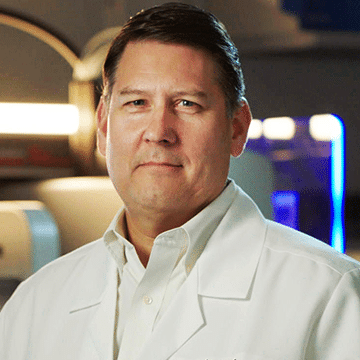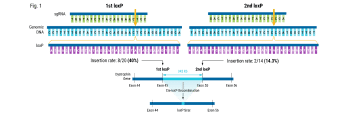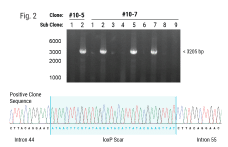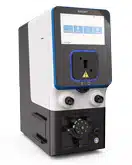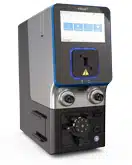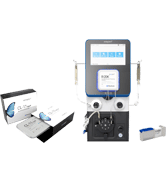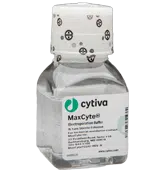Webinar: Unlocking the Potential of Electroporation for Studying Ion Channel-Related Disorders and iPSCs
Webinar
Genetic disorders such as cystic fibrosis and long QT syndrome are caused by mutations in human ion channel and ion transporter genes. Electroporation is a non-viral transfection technique increasingly used to study these disorders. Electric pulses cause transient permeability in cell membranes allowing scientists to introduce genetic material, creating stable cell lines with desired traits, or delivering therapeutic genes into target cells. However, factors such as cell type and cell viability can affect successful delivery and inability to scale could compromise clinical translation.
In this GEN webinar, Dr. Alfred George discusses an electroporation approach that addresses efficiency challenges and engineers target cells at unprecedented scale. He also discusses MaxCyte electroporation and how it was used to express human ion channel variants in cultured mammalian cells to enable high throughput automated patch clamp recording. The MaxCyte STx enabled functional evaluation of ion channel variants without requiring stable cell line creation. You’ll learn how to use electroporation to create or correct mutations in induced pluripotent stem cells (iPSCs) for modeling human genetic diseases and providing proof of concept for gene therapy.
Speaker
